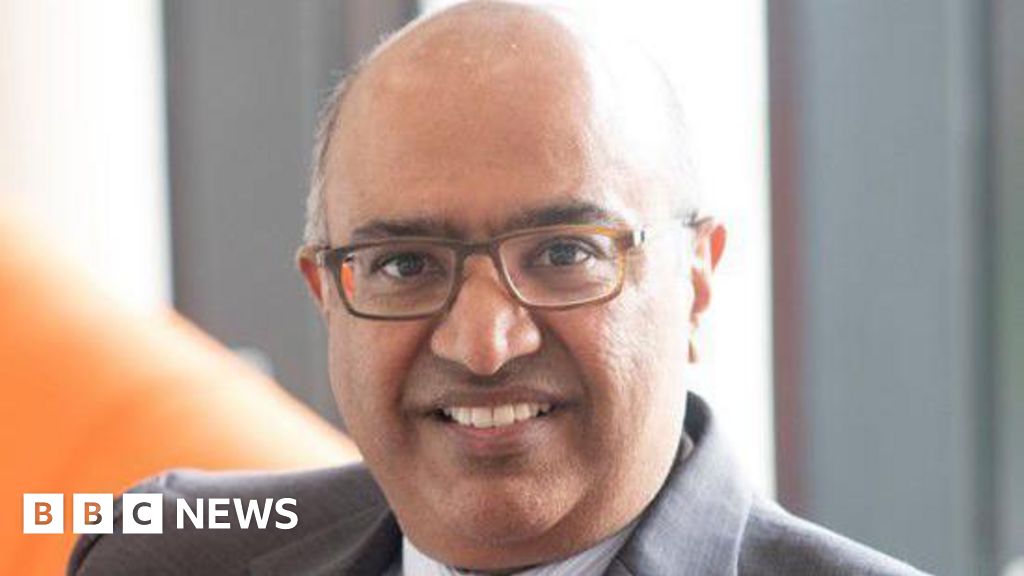WHO Charts a Course for a Post-US Era: How Will the World Health Organization Cope Without its Biggest Funder?

For decades, the United States has been the WHO's leading financial contributor, providing a substantial portion of its annual budget. However, recent shifts in U.S. foreign policy and concerns over the organization's handling of the COVID-19 pandemic have led to reduced funding and a reassessment of the relationship. While the U.S. hasn't completely withdrawn, the possibility of diminished or even absent support has prompted the WHO to explore alternative funding models and strengthen partnerships with other nations and organizations.
The upcoming meeting in Geneva will be crucial in outlining these strategies. Discussions are expected to focus on diversifying funding sources, including increased contributions from other member states, philanthropic organizations, and the private sector. The WHO is also exploring innovative financing mechanisms, such as debt-for-health swaps and impact investing, to secure sustainable funding. A key element will be to demonstrate the value and impact of the WHO's work, highlighting its role in preventing and responding to outbreaks, strengthening health systems, and promoting global health security.
The challenges are significant. Replacing the U.S.'s contribution will require a concerted effort from multiple stakeholders. Moreover, the WHO must address concerns about its governance and transparency to regain the trust of key donors. The recent outbreaks of mpox and cholera serve as stark reminders of the urgent need for a well-funded and effective global health organization. The response to these crises has exposed vulnerabilities in health systems worldwide, underscoring the importance of international collaboration and resource mobilization.
Beyond financial considerations, the WHO is also working to strengthen its operational efficiency and improve its ability to respond quickly and effectively to health emergencies. This includes investing in early warning systems, building capacity within member states, and fostering collaboration with research institutions and other health organizations. The ability to adapt and innovate will be critical for the WHO to navigate this new landscape and continue its vital work in protecting global health.
The future of the WHO is at a crossroads. The Geneva meeting represents a critical opportunity to lay the groundwork for a more resilient and sustainable organization, one that can effectively address the complex health challenges facing the world, regardless of the shifting geopolitical landscape. The success of this endeavor will depend on the willingness of member states and other stakeholders to step up and support the WHO's mission – a mission that is vital to the health and well-being of all people.





